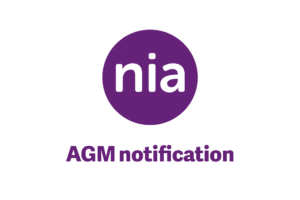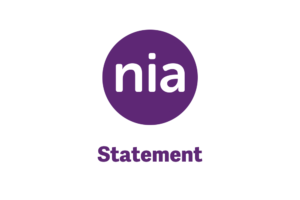These days, rape and sexual assault is more openly talked about than ever before.
Sex inequality is more openly acknowledged in many societies. It seems like mainstream discourse knows right from wrong. However, rape convictions are extremely low at less than 2%, with only around 3% charged (and has been decreasing year on year).
Reporting and discussions of high-profile rape cases tend to focus on the woman’s behaviour and whether she is telling the truth or not. We very rarely hear discussions about why a man has raped a woman and why they did it. We hear recommendations on how women and girls should behave to keep themselves safe and myths about how they should behave to prevent being attacked by sexual predators. So many discussions gravitate towards critiquing everything about the woman who has accused or reported. Talking about the rapist seems unpalatable. Terminology mirrors this: ‘she was raped’ rather than ‘he raped her’; ‘violence against women and girls’ or ‘gender-based violence’ rather than ‘male violence against women and girls’. If most people agree that sexual assault and rape should not happen, then why does most public discourse not focus on the perpetrators?
Those few who try and talk about male violence will have witnessed the uncomfortable responses and defences: ‘not all men’, ‘there are false accusations’, ‘it’s a small minority’. Through volunteering at nia, I have really seen how untrue these statements are. Hearing the experience of survivors means a greater understanding of what is involved and of the impact. Many statements have reinforced a view that sexual violence perpetrated by men is inevitable, for example through rape as a weapon of war or that without law and discipline, men will commit such crimes. This assumption seems to move the onus away from perpetrator behaviour. Thinking and talking about the trauma involved in rape and sexual assault can often also be uncomfortable.
So why, despite social advances towards sex equality, does this rhetoric persist and why does it matter? The world and its institutions have been dominated by men for decades, and beyond. Whilst we can now openly talk about the importance of businesses and public institutions practicing equal opportunity for women, and move towards it, there is an inequality built into institutions and society that persists. Society is more familiar, and therefore comfortable, with judging women. Many institutions practise masculine norms without realising it. I myself have experienced these extra barriers when working in defence and security: from being told I was not wanted because I was a young woman, to not being invited to work events because the men were not comfortable being around me. If institutions and organisational structures believe they are gender equal because they are gender blind – they inevitably embed masculine norms, and through gendered norms, they reinforce sex inequality.
A common question I get as a nia volunteer is how we deal with hearing about the trauma. Understandably, it’s not a subject matter most want to delve into unless they have experienced it. One of the most helpful ways of processing and trying to deal with the harm caused I have found is the open environment in which we can talk about the harms to women and the causes of it, at nia. Being around women who are working, and fighting, for women is really inspiring. It gives me hope that change can happen and injustice can be fought. I have also learnt a lot from the organisation and fellow nia colleagues about the facts behind male violence towards women. As they say, knowledge is power. It is this knowledge, channelled into supporting survivors, pushing for justice, activism and awareness raising that will bring about change. If we cannot talk about rape and the structural inequality that exists between women and men, how can anything change?



